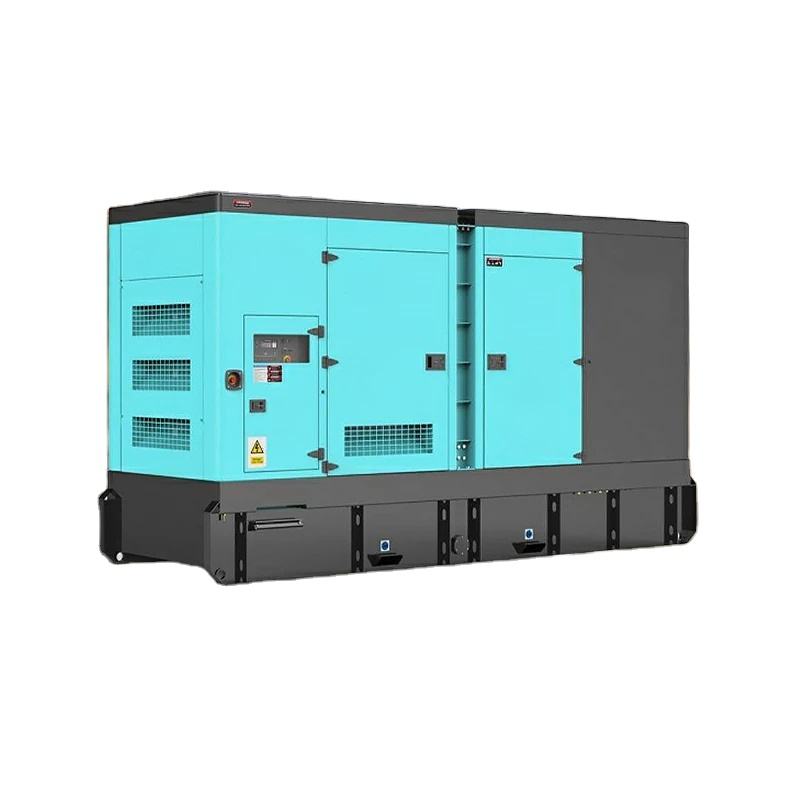Why Altitude Matters for Generator Sets
When it comes to generator sets, altitude plays a significant role in their performance and selection. As you go higher above sea level, the air pressure drops, and the air becomes less dense. This reduction in density lowers the amount of oxygen available for combustion in the engine, which can lead to a decrease in power output.
The Science Behind Altitude and Generator Performance
Interestingly enough, the power output of an internal combustion engine is directly related to the mass of air and fuel mixture that can be drawn into the cylinders. At high altitudes, the reduced air density means that less air (and consequently less fuel) enters the engine, resulting in lower power output. This phenomenon is a critical consideration when selecting a generator set for high-altitude locations.
Factors to Consider in High-Altitude Generator Selection
To ensure optimal performance and selection of generator sets at high altitudes, here are four key factors to consider:
1. Engine Design and Technology
Modern generator sets often incorporate advanced engine designs and technologies to compensate for the reduced power output at high altitudes. For example, some engines feature turbocharging or supercharging systems, which force more air into the cylinders, thus increasing power output.
2. Fuel Type and Quality
The type and quality of fuel used can significantly impact generator performance at high altitudes. Using high-quality fuel with the correct octane rating can help prevent engine knocking and ensure optimal combustion, leading to better power output and efficiency.
3. Cooling Systems
Proper cooling is essential for generator sets operating at high altitudes, as the lower air density can reduce the cooling efficiency of air-cooled engines. In such cases, liquid-cooled engines or additional cooling systems may be necessary to maintain optimal engine temperature and prevent overheating.
4. Air Filtration
At high altitudes, the reduced air pressure can lead to increased dust and debris ingestion, potentially damaging the engine. Using high-quality air filters and regular maintenance can help minimize wear and tear, ensuring optimal performance and longevity.
Practical Applications and Tips
Here are three practical tips to help you select and maintain generator sets for high-altitude applications:
Conclusion and Next Steps
In conclusion, understanding the impact of altitude on generator set performance and selection is crucial for ensuring reliable and efficient power generation in high-altitude locations. By considering factors such as engine design, fuel type, cooling systems, and air filtration, you can make informed decisions when choosing and maintaining generator sets for your specific needs.
So, what's the next step? If you're currently facing challenges with generator performance at high altitudes or planning a project in such an environment, reach out to a trusted generator set supplier or consultant. Their expertise can help guide you in selecting the right equipment and providing solutions tailored to your unique situation.





